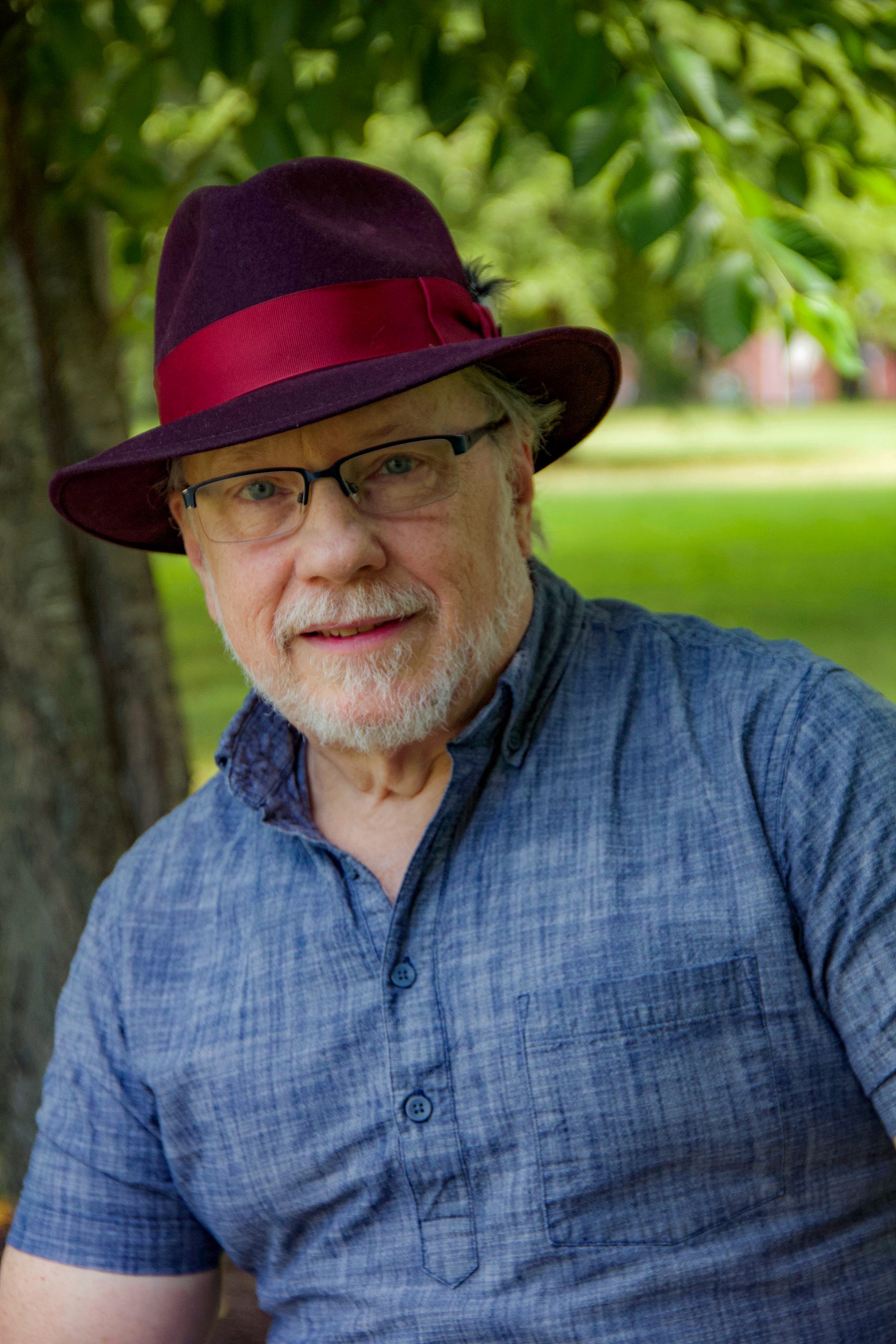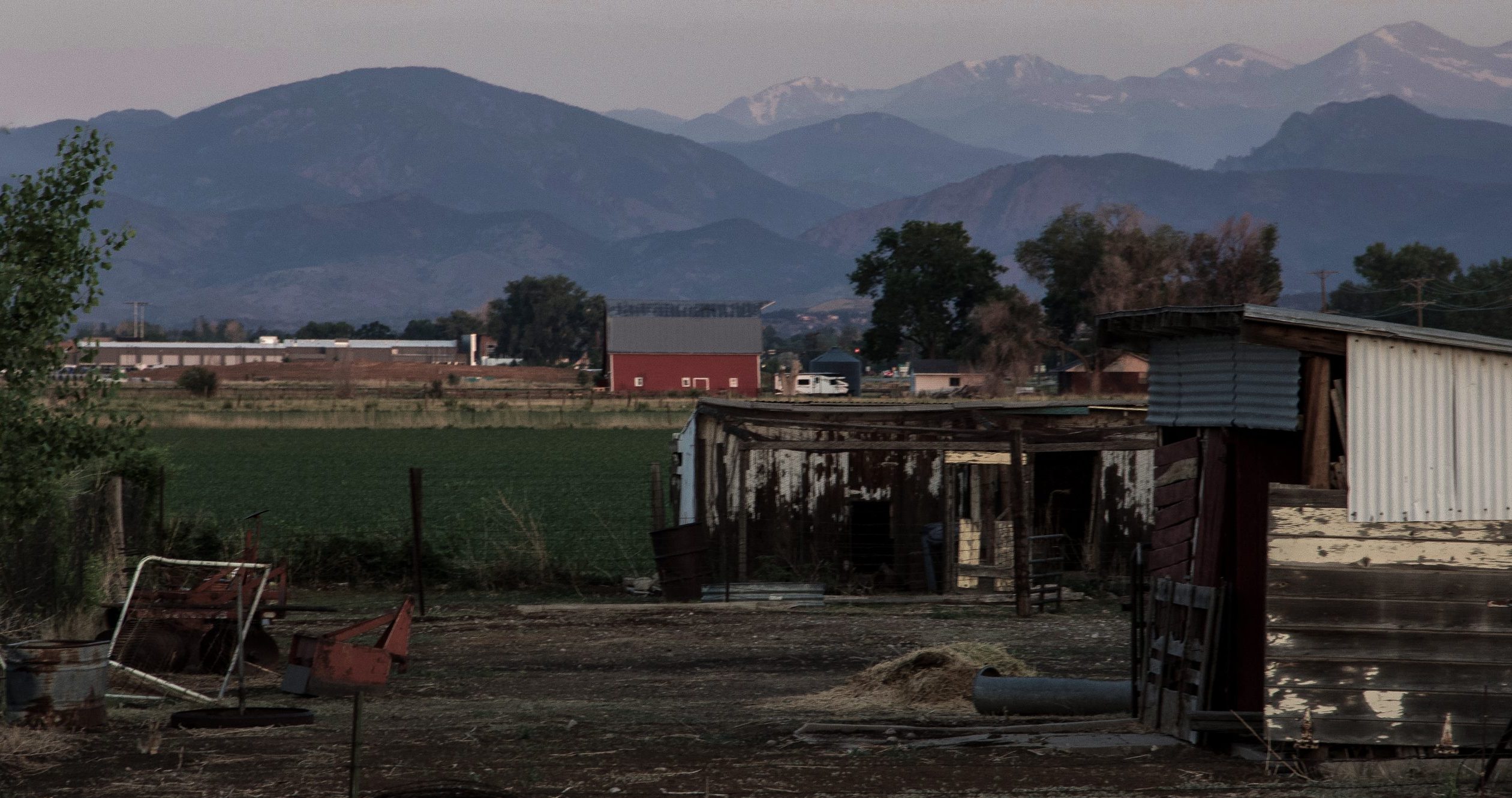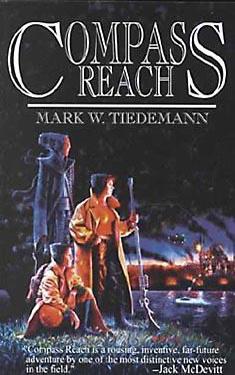I finished the final edits on a new novel, which is for the moment scheduled for an April 2023 release. It’s a departure for me, in that it is not science fiction. Several years ago, after finishing a novel, I considered the possibility of switching genres, so I wrote two non-SF books, both in some fashion murder mysteries. One of them, because I had done so much research on St. Louis, I decided to do as an historical. I set it in the 1780s, starting just after the Revolutionary War Battle of St. Louis. After that, I decided to try a contemporary mystery. That one is not set in St. Louis, but in a fictional county in Southern Missouri. As of this writing, it did not come out as well. It’s the historical that is set for publication (through Blank Slate Press, an imprint of the Amphorae group).
Having sent it off, I collapsed into a weeklong period of exhaustion. Not that I haven’t experienced something like this before, but usually only for a couple of days. My past aftershock has included a spate of housecleaning and the tucking away of the odds and ends of the writing process. This time it was all I could do to get out of bed. Largely an emotional reaction, it still bothered me a bit, but I’m better now and starting to think about the next project.
I still have several novels on hand that need homes. (Including that less-than-wonderful contemporary mystery, which I fully intend to rewrite now that I know what the problem with it is thanks to a friend’s review.)
But I’ve found myself introspective. I have to face the reality that I am likely never going to be a New York Times Best Selling author. I suspect there is a window for such an achievement and I missed mine. (I doubt I’ll ever win an award, either.) Two thoughts about that: given my career and what I have achieved, I think I’m okay with that. And…it’s better to be reasonable about one’s expectations. I’m not sure I have the energy anymore to engage with all that bestsellerdom might require. And the next novel I write will be a slower, lower-key process. It’s surprising to contemplate how much energy is expended in maintaining high hopes and expectations.
(That said, it could happen, and I will certainly not turn away from it.)
Long ago (and not so far away) I began a set of novels and short stories under the overall title of The Secantis Sequence. The first novel, Compass Reach, was shortlisted for the PKD Award. That’s as close as I’ve ever come to a major award. There were two more novels published and number of short stories. It was built as a mosaic universe, so while certain elements are consistent in the background, they all could deal with different characters, different locations, different time periods. I’m still publishing short fiction set in this universe, the most recent being Exile’s Grace in Analog. I have a handful under development. I have concrete plans for two more novels, one of which is finished (has been for a long time) and the other of which I haven’t even begun. Originally I had vague intentions of just mining this universe for several novels, just to see where it all went, but the vagaries and vicissitudes of publishing kind of derailed that.
Now I’m looking at this new novel and considering the possibility that I may be writing historical fiction for some time to come. I’m not sure how I feel about that, but certainly not bad. I do have rough plans for an ongoing series based on the characters and setting. What gives me pause is the simple fact that I’m soon to be 68 years old. The question of how much time I have to see any of this through is no longer theoretical. Now, there’s nothing wrong, and I am from long-lived stock, so barring unexpected catastrophes I think I have a reliable 10 to 20 years left, but it is now a factor, and will become more so.
Choices now take on sharper meaning. I love science fiction. The fact is, though, I am not as well read in it as I once was. The bulk of my reading these days is nonfiction. What I see coming out lately I am impressed with, but some narrative conventions (and expectations) have changed. This is inevitable. It was going to change. It might have changed in any of several directions, and just now this one seems fertile ground for some seriously good speculative work. But I’m not as conversant with the work or the players as I once was. What this means for my work is simply that I feel free to write what I find most interesting to write, without paying much heed to what may be popular just now. I write with the hope that there will still be room for voices like mine. But I’ve been given an opportunity to go in another direction completely, which may work out better. I don’t know. I can say that whatever I write next will be from the heart. That’s always the best source. This is such a difficult thing to do that you really should love what you create, otherwise it can be a dreary slog.
On that age front, I went to the gym this morning and did a full workout, up to my best level. At this point, I will continue to do this until something breaks. (No going gently into any night for me.) More importantly, I am still interested. I get tired but the next day I’m looking for something to engage with.
I’m about to do a dive into World War II history (I have no idea why just now, though I did have an idea for a horror novel a few years back set during the Berlin Airlift…)
On the homefront, my father is not well and we’re counting time. He’s 92. I will have more to say about that when the time comes. I have been retired now for nearly a year and it has been an education in what I may be like going forward. I discovered back in the 1990s that I had the discipline to work at home and produce. I’m still capable. The thing is, there’s more than just writing I want to accomplish and that will require some adjustment.
Altogether, life is good. I cannot complain, although I do, and I will. Recently my mother pointed out to me that I’ve been very fortunate in that I have pretty much done what I wanted most of my life. It’s curious how when you’re in the midst of that kind of luck, it rarely feels like it, but she’s right. I’ve had only one job that I came to loathe, and my last job was wonderful beyond words. I’ve published books and told stories. I found my life partner 42 + years ago and we have a good home. I’ve done the things I wanted to do (perhaps not quite at the level I wanted to do them, but that’s getting picky) and it appears I’ll be able to continue doing them.
Why am I saying all this? Because the majority of my posts in recent years have been political, bristly, occasionally tortured, and attempts at some kind of wise observational prose about the world and people, and not always very pleasant. Personal views, certainly, but not a lot of just personal, and often not of a positive nature. I’m not a sage, far from it, and I look back occasionally at posts of the past and cringe sometimes at the naïvety or the lack of proper restraint. I think I’m better at fiction. But they stand as a record of what I thought or felt at that time. It’s easy to get into the role of curmudgeon. But once in a while, you need to just let people know how things are and what’s happening.
For those of you who have stuck by all this and will continue to read these meanderings, I very much appreciate you. Thank you for coming along for the ride. I would like there to be many more years and many more miles.
Later, then. Have a good one.



